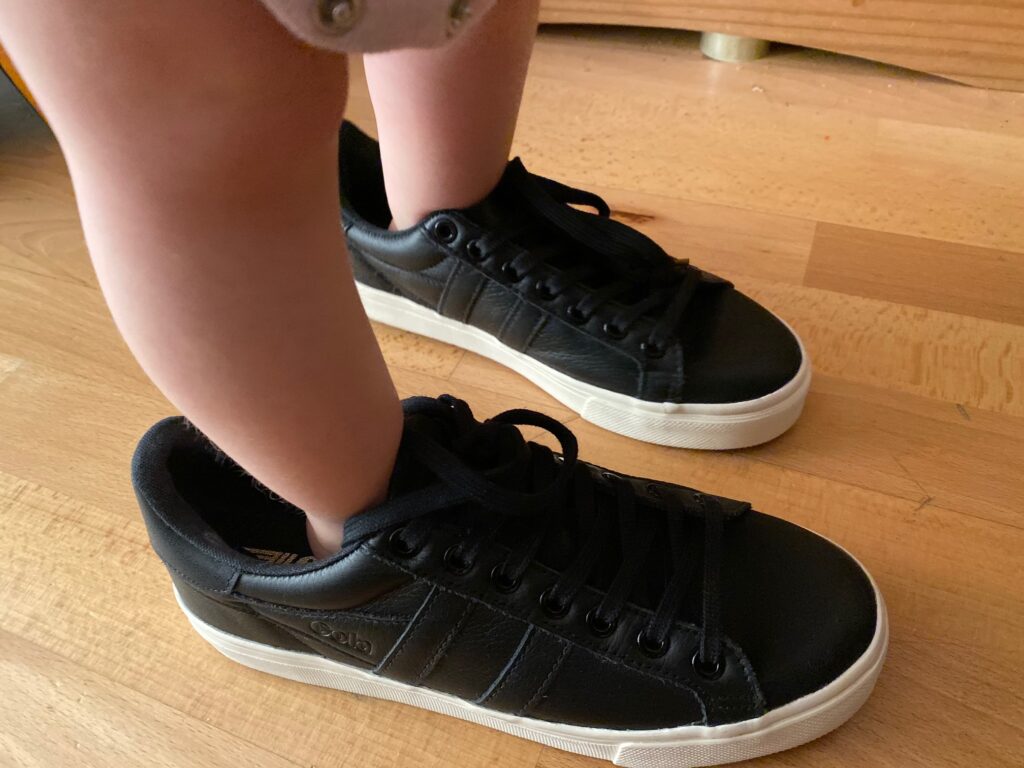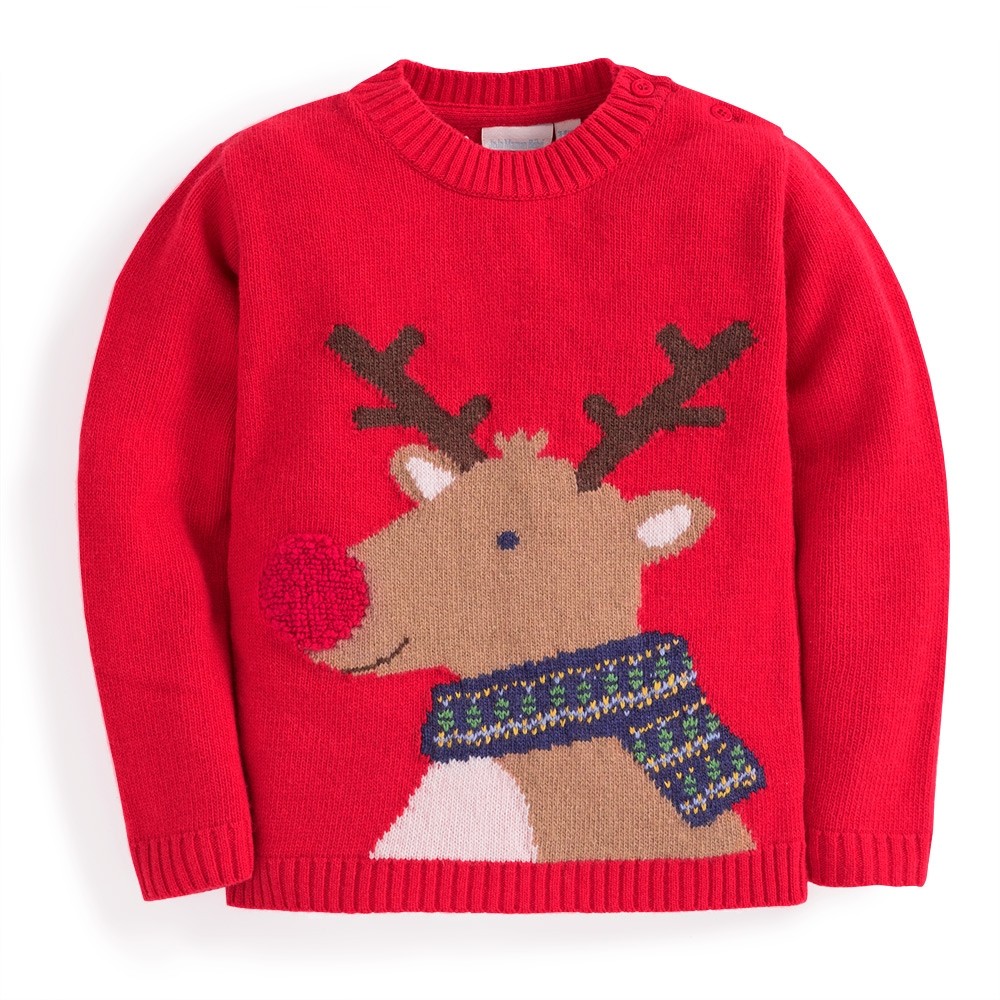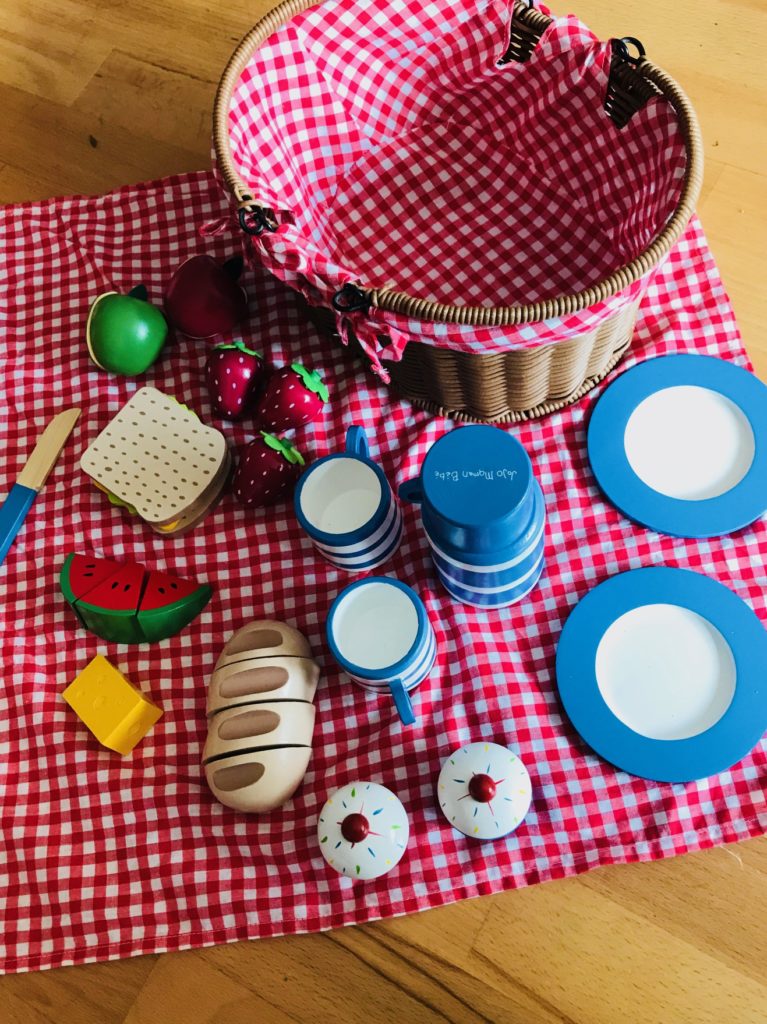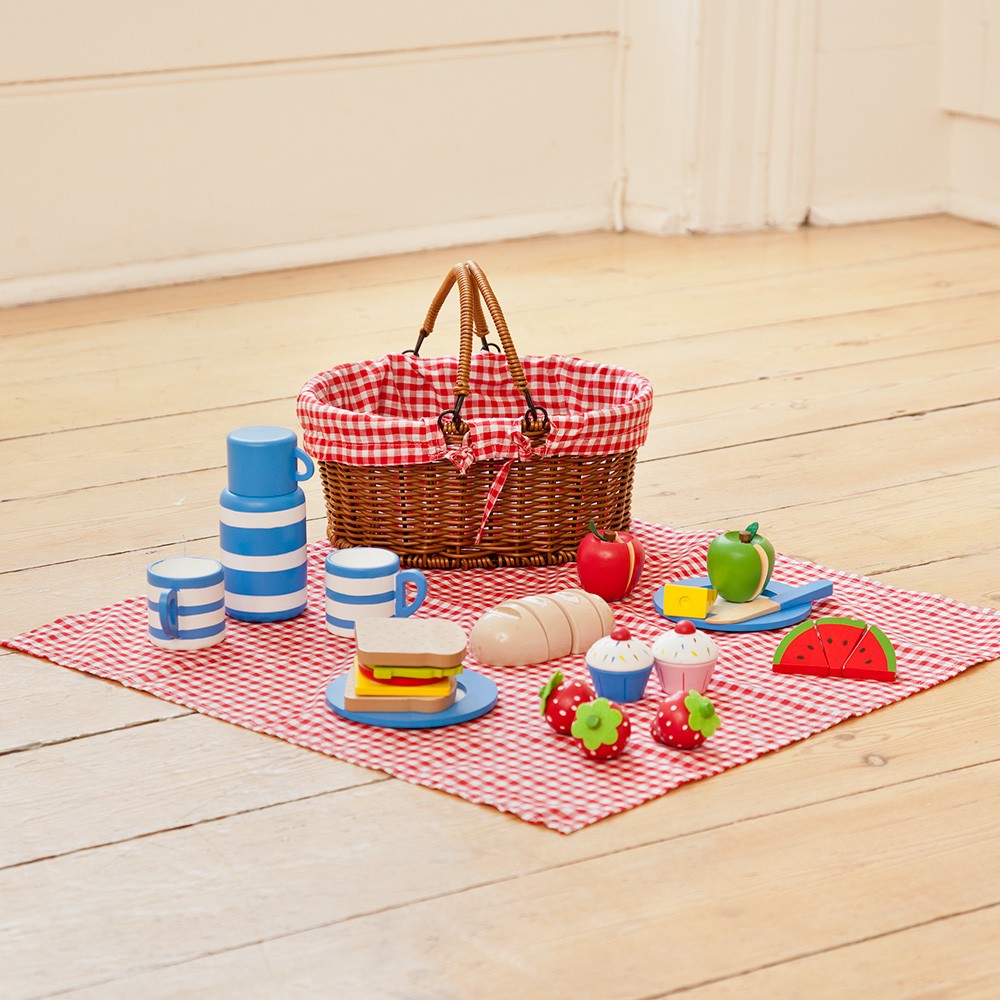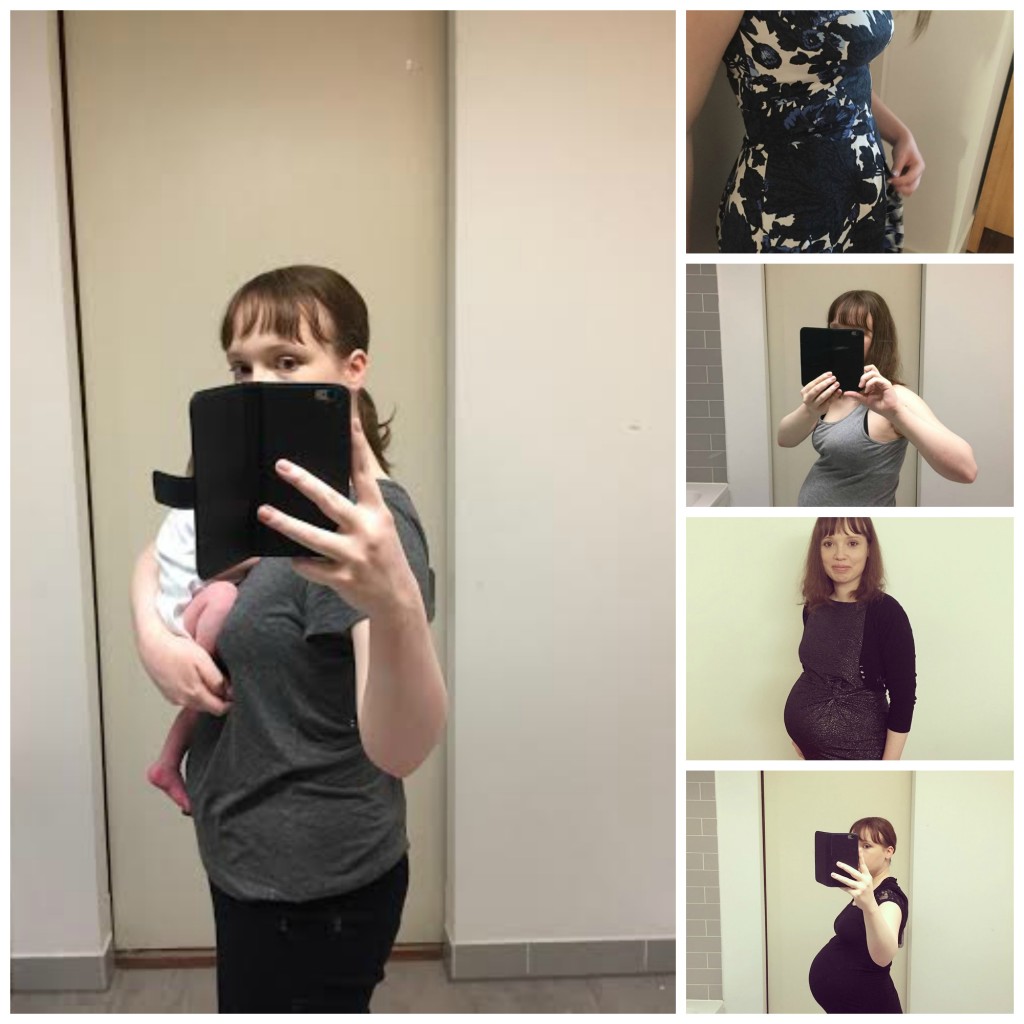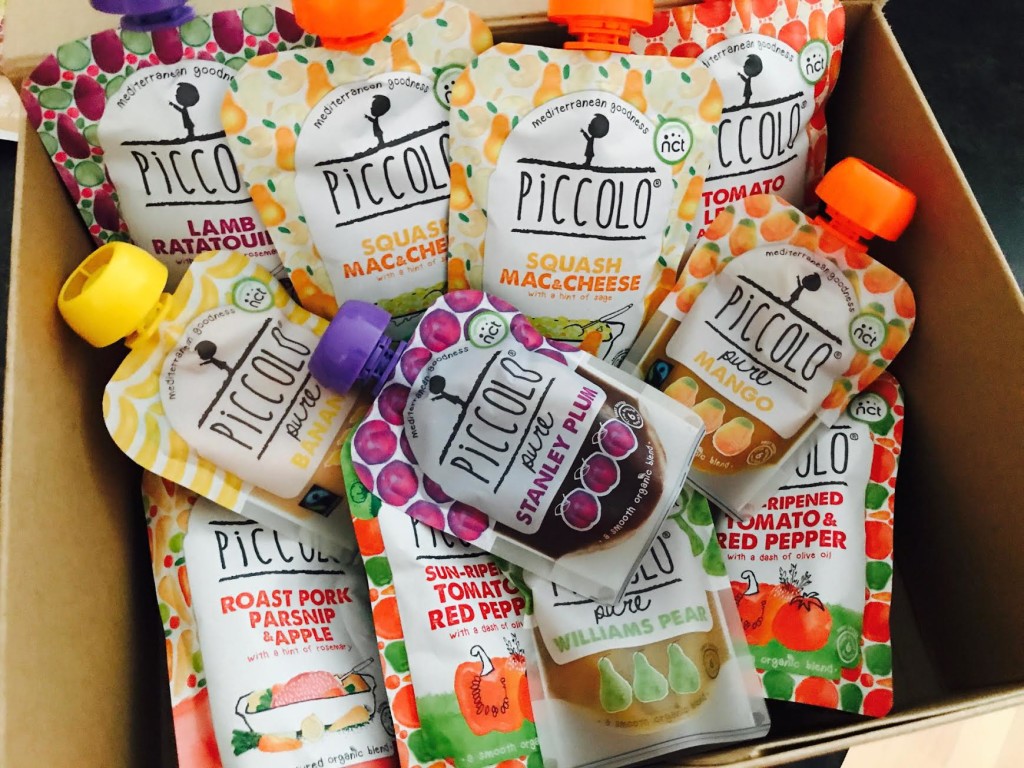Just like eating and drinking, sleep is an essential human need. If your baby or toddler struggle to sleep, you’ll find out pretty quickly that it has a massive impact on you as a parent too. In addition, healthy sleep supports good immune health, learning, memory, growth, and development. Establishing a bedtime routine is a vital part of the sleep journey for babies and children, so here are my top 5 tips to help your little one get into a healthy sleep routine:
1. As a parent myself, I have experienced first-hand how difficult life can be when your child struggles with their sleep. I used to buy numerous separate items to help my child get to sleep, but now Glow Dreaming’s research-based 5-in-1 system has been a life saver! Glow Dreaming includes a gentle red light to stimulate melatonin production, pink noise to support a deeper, more restful sleep, a built-in humidifier to help your little one breathe easier during the night, and fabulous aromatherapy options. An added bonus is that there is no need to fork out for an expensive sleep trainer as Glow Dreaming can provide you with a personalised sleep program from ICRA (Individualised Circadian Rhythm Amelioration).
2. Developing a bedtime routine plays a really important role in preparing your child for bedtime. Many families have told me that their little one seems to become very energetic at bedtime and it can be a real struggle to get them to bed. This is where Better You’s ‘Roald Dahl’ Kids’ Sleep Bundle can really help. The sleep bundle contains magnesium bath flakes, a magnesium sleep body lotion and a magnesium sleep body spray, all suitable for toddlers over 1 and those with sensitive skin. Magnesium is a mineral that assists sleeping by helping us unwind and is an important factor in how our body manages our sleep cycle. Using magnesium products before bed may help your child to relax and help their body prepare for that all important sleep time.
3. Master Herbsmith and co-founder of Pukka Herbs, Sebastian Pole, set up Herbal Reality, an online resource platform for Herbal medicine. He suggests lemon balm (Melissa officinalis) as a remedy that may benefit young children who are struggling with sleep. He says: “Lemon balm is a deliciously fragrant member of the mint family that provides relief from tension in the nervous and digestive systems. Lemon balm is a wonderful herb for children. Lemon balm delivers its properties immediately as a gentle, soothing yet uplifting remedy, acceptable to everyone from the very youngest of age. Lemon balm tea also has a gentle lifting effect that can be very comforting in low moods and for anxiety and tension. You can use it as a fresh herb tea, dried herb tea, tincture, essential oil or cream”.
4. I recommend growing your own lemon balm so that you always have it on hand. It smells delicious and is very easy to grow in sun or light shade, plus you can dry the leaves to ensure you have a good stock of it throughout the year. I use Earthsong Seeds organic Lemon Balm Seed Pack – a bargain at only £2.50 for a minimum of 150 seeds.
5. Does your child struggle to sleep due to constant coughs and colds during the Winter months? In the UK, most over-the-counter cough medicines are not recommended for children under 6 years of age because the risks outweigh the benefits (1). I recommend having a bottle of Pukka Herb’s Elderberry syrup to hand throughout Autumn and Winter. This delicious elderberry syrup also contains manuka honey, ginger and thyme to support seasonal health, and is suitable for children aged 2 and over.

